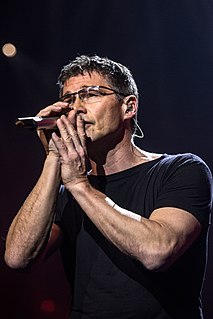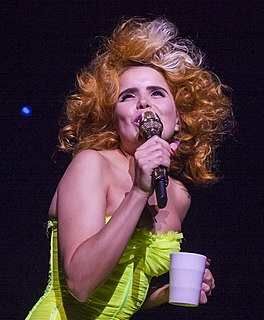A Quote by A. S. Byatt
The more research you do, the more at ease you are in the world you're writing about. It doesn't encumber you, it makes you free.
Related Quotes
Discovery still happens in the writing. You start in nonfiction with a whole lot more going for you, because all the discovery isn't waiting to be made. You've made some of it in the research. As you get deeper into a piece and do more research, the notes are in the direction of the piece - you're actually writing it.
It is a bit more challenging for the simple fact that now the stories I am writing are relying more on my imagination than on facts, more on research than on memory; so it is basically a slower writing process, more reading, more exploring. On the other hand, this approach is a little bit relieving too, since many times while writing [How the Soldieer Repairs the Gramophone] I felt too close and equal to my character.
My writing became more and more minimalist. In the end, I couldn't write at all. For seven or eight years, I hardly wrote. But then I had a revelation. What if I did the opposite? What if, when a sentence or a scene was bad, I expanded it, and poured in more and more? After I started to do that, I became free in my writing.
I love making object form; I wish I was doing more of it. I admire the research of my colleagues, and sometimes it makes me sad when their beautiful work - the deep dives into formal research and nuances of geometry and so on - ends up circling in more and more circumscribed contexts. I wish they were more powerful. It's not a modern proposition. Active form doesn't kill object form. I want my students to have all those skills related to geometry, shape, measure, scale, etc., plus skills for using space to manipulate power in the world.
The primary function of poetry, as of all the arts, is to make us more aware of ourselves and the world around us. I do not know if such increased awareness makes us more moral or more efficient. I hope not. I think it makes us more human, and I am quite certain it makes us more difficult to deceive.







































